
The Race for National Assembly Chair in Nepali Congress
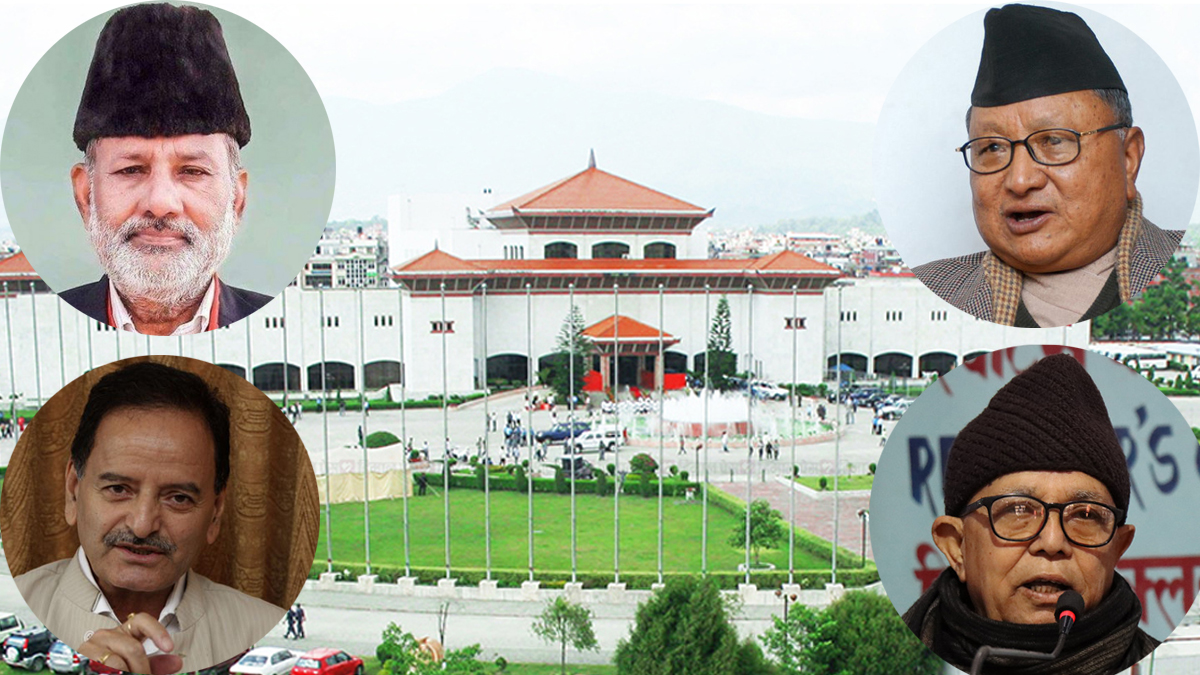
The Nepali Congress (NC) is witnessing a power struggle within its ranks, with four prominent leaders expressing their keen interest in the coveted position of the National Assembly’s chairperson. The term of 20 National Assembly members, including the incumbent Chairperson Ganesh Prasad Timilsina, is set to expire on March 4, prompting the Election Commission to schedule elections on January 25 to fill these vacant positions.
The contenders for the prestigious post include Krishna Prasad Sitaula, Gopal Man Shrestha, Farmulla Mansoor, and Ananda Prasad Dhungana. Notably, these leaders are not currently members of the National Assembly, and their bid for the chairmanship hinges on their success in the upcoming elections.
Krishna Prasad Sitaula, a former general secretary of the NC, has a history of leading a faction within the party. Despite his past influence, Sitaula is presently not actively involved in party politics. His recent defeat in the House of Representatives election held in November last year in the Jhapa-3 constituency, where he lost to Rastriya Prajatantra Party (RPP) Chairman Rajendra Lingden, has raised questions about his current political standing.
Gopal Man Shrestha, a longtime confidante of NC President Sher Bahadur Deuba, has served as the officiating president of the Nepali Congress (Democratic) during Deuba’s arrest in the era of former King Gyanendra Shah’s rule. Speculation is rife that Deuba is contemplating endorsing Sitaula for the National Assembly chairmanship to maintain internal balance within the party. An insider revealed that Deuba perceives Sitaula’s appointment as a strategic move to mitigate factionalism within the NC.
Contrary to Deuba’s inclination, a section of NC leaders opposes supporting Sitaula for the coveted post. Dr. Shekhar Koirala, a key figure in the anti-establishment faction of the party, has thrown his support behind Farmulla Mansoor. Mansoor, a member of the Muslim community, holds the position of joint general secretary in the party and has actively participated in elections since the 1990s, demonstrating a longstanding commitment to the party’s democratic processes.
Ananda Prasad Dhungana, another senior leader, has also thrown his hat into the ring, expressing his determination to secure the National Assembly chairmanship. Both Shrestha and Dhungana refrained from contesting the 2022 elections but were included in the closed list for proportional representation, indicating their continued relevance within the party’s leadership structure.
The expiring terms include eight members from CPN-UML, four from Nepali Congress (NC), three from CPN (Maoist Center), two from CPN (Unified Socialist), one from Janata Samajbadi Party, and one independent, in addition to one member nominated by the President.
Among these assembly members, four hail from Bagmati Province, three from each of Gandaki, Karnali, and Sudurpashchim provinces, and two from each of Koshi, Lumbini, and Madhesh provinces. Furthermore, the term of Bimala Poudyal Rai, nominated by the President, is also expiring on the same day.
The National Assembly, as a constitutional body, consists of 59 members, with eight members elected from each of the seven provinces and three appointed by the President. Members are elected through an electoral college comprising the mayor/chairperson and deputy mayor/vice-chairperson of municipal bodies across the country, making the electoral process a reflection of local democratic representation.
As the NC leaders vie for the National Assembly chairmanship, the broader political context of expiring terms across multiple parties adds a layer of complexity to the upcoming elections. The outcome of these elections will not only determine the leadership of the National Assembly but will also influence the balance of power within the broader political spectrum of Nepal.


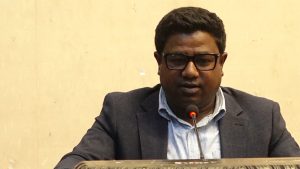
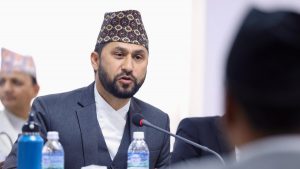
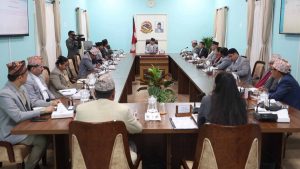
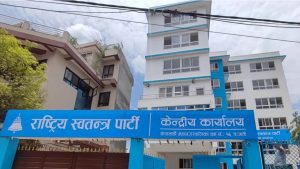
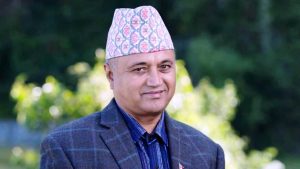
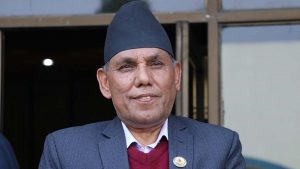






Comments